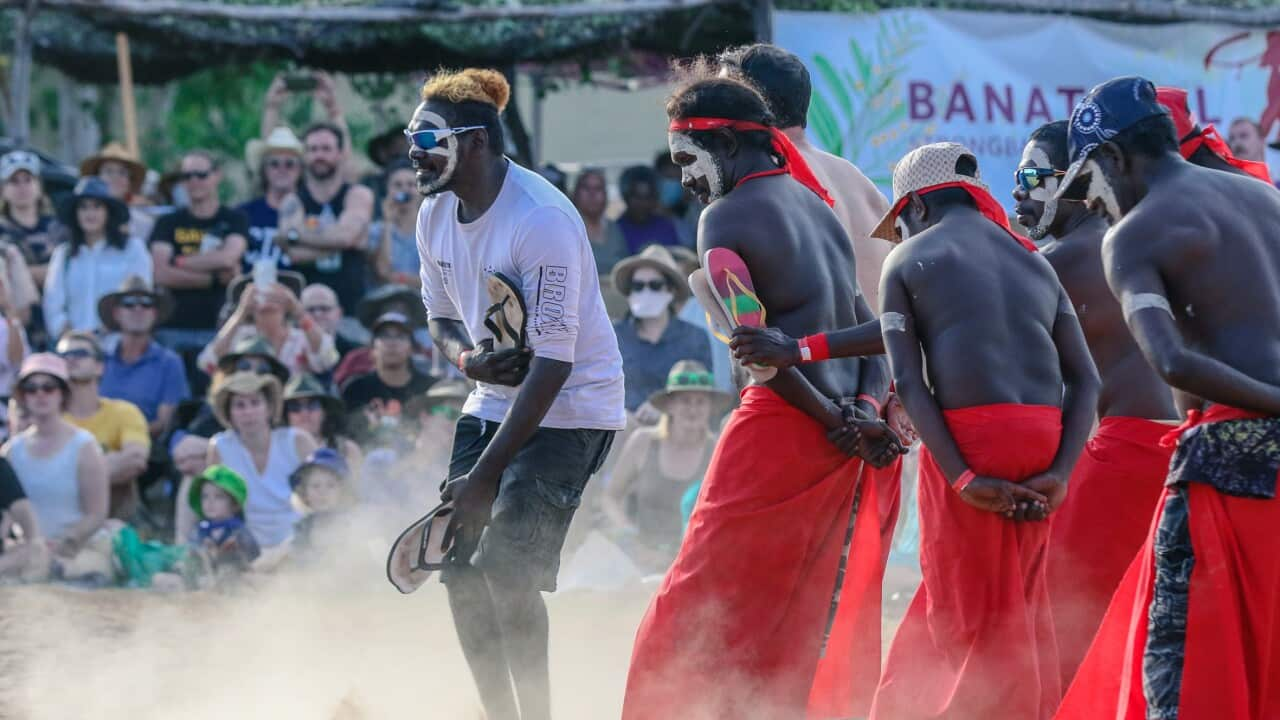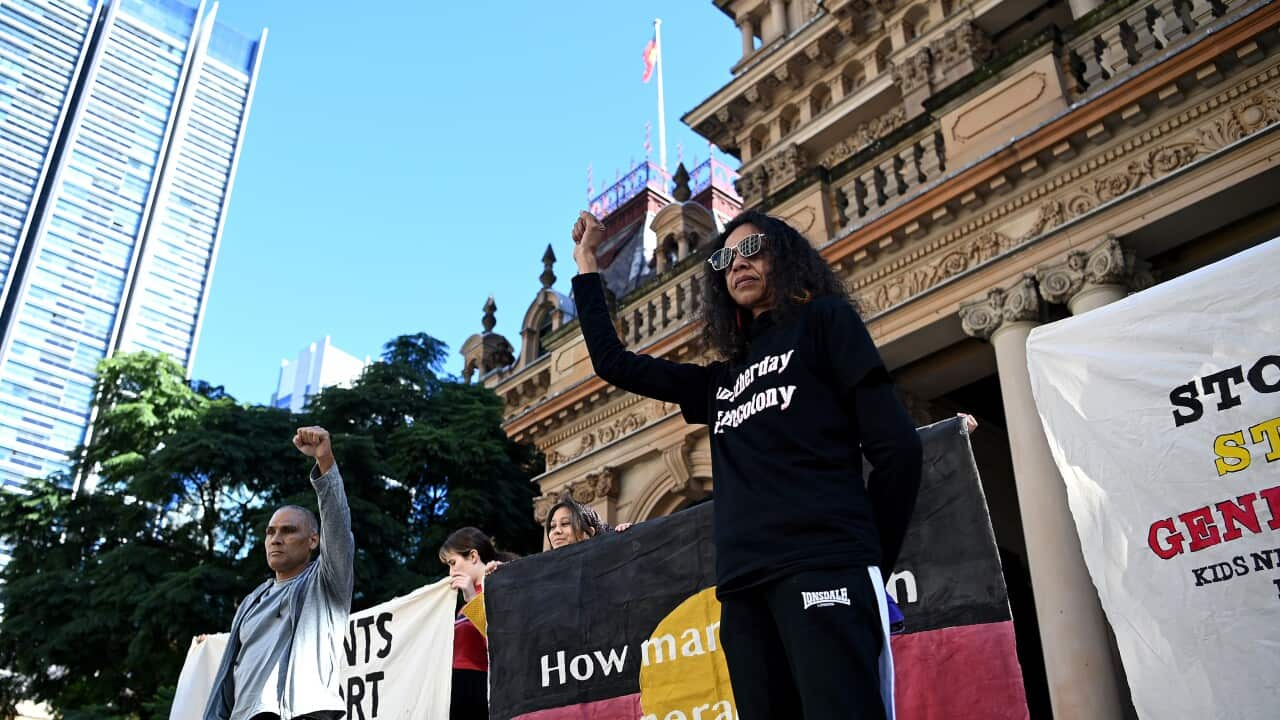As debate around a Voice to Parliament, enshrined in the constitution, heats up the idea of sovereignty is a hot topic.
For Murrumu of Walubara, sovereignty can mean a lot of things - part of the reason the debate around it is so nuanced and complex.
He is the Foreign Affairs Minister of the Sovereign Yidindji Nation and he believes anything that goes on in the Australian realm will not affect the sovereignty of his micronation, or other mobs across the continent.
“It doesn't matter what happens, yes or no,” he said.
“It won't affect how Aboriginal people view their own sovereignty so it doesn't settle anything.
“It just means that OK, you have a ‘voice’ but when you look at it, it’s an advisory body, it can't create law, it can't veto [the] law and at the end of the day, no government is bound to follow the recommendations.
“Here, this [Yidindji] government can create law, and we certainly can veto law and we are creating more and more law as we go. That's because it has its roots into the 60,000 years or to the land and beyond.
That there's for Australia to share with us. We can do that through agreements. “

Murrumu Walubara says a voice to parliament would not affect the sovereignty of Yidindji Nation. Source: Supplied
That was in 2014. When I asked him in 2023 why he did it, I heard an answer that I’ve heard from many First Nations former journalists when asked why they left the industry.
“I’d hear the same story over and over again,” Murrumu said.
The Elders from all over the place, every type of story, they just saw that wasn't changing. Something needed to change.
So he did what made sense to him. Cease to be Jeremy Geia, return to his Country, return to his Elders, and to the law of Yidindji Nation.
Now there are about 200 citizens of Yidindji Sovereign Nation.
However, Murrumu said despite popular belief he did not ‘start’ Yidindji Sovereign Nation, it had already been here for 60,000 years.
He said just helped to formalise it, with the guidance of his Elders.
After almost 10 years of work the Yidindji Government has an office, the nation has a coat of arms, there’s a police force, currency, Yidindji birth certificates, licences, and number plates.
Upon my arrival at the government offices in downtown Gimuy, also known as Cairns, I was issued with a Yidindji visa and media pass.
Murrumu said these documents exist in Yidindji because they represent the institutions that an Australian Government - or even a British Government in 1788 - would recognise as belonging to a sovereign nation.
“If James Cook was to come past today on a boat, he'd walk straight into this office and look at that coat of arms and he'd go, ‘oh wow, this is official’,” he said.
“And that's the only thing that the tribes are missing at the moment because the only office they have access to is an Australian one.”
Hopes for a treaty
Murrumu said the vision for Yidindji Nation are agreements and treaty with the Commonwealth Government.
He said this would only strengthen Australia as a nation, legitimising its right to be here on this continent.
“Australia doesn't have all the answers, and we certainly don't have all the answers here but the Yidindji nation has been here for a very long time, and there's wisdom and ancient knowledge here."
“...Australia doesn't have connection to Country yet because there's no treaty.
"Yidindji Nation is saying ‘we're happy to provide you and give you consent to be here in Australia but here's some KPIs, these are the terms and conditions’.”

Gimuy or Cairns is part of Yidindji territory. Source: NITV / Keira Jenkins
“When I did this, people were concerned that I'd be sent to Manus Island or other places,” he said.
“Well, how because if I'm an outlaw, that means I might be out of Australian law, but I'm under this law, which is the Yidindji law, which the federal court recognizes.
“In a funny way, Australia is the outlaw because they didn't have permission to be here correctly, in my view, and we’re just trying to fix that up.”
Despite the challenges Murrumu said it’s a relatively peaceful existence but because the nation came from a place of love and compassion, not from anger or revenge.
“For people considering this option, do it for the right reasons,” he said.
“Don't do it because you don't want to be under Australian law, don't do it because you didn't get a voice to Parliament or because you did get the Voice to parliament.
“Do it because you want to look after everyone that's living on your territory, because that's what families do, and have done for tens of thousands of years.”
The Point airs on Tuesday at 7.30pm on NITV, and is available on SBS On Demand after broadcast













